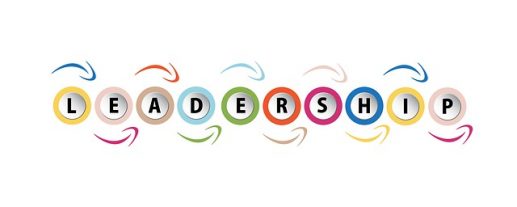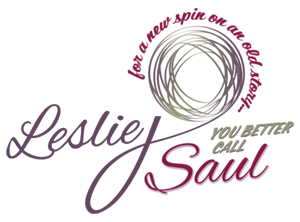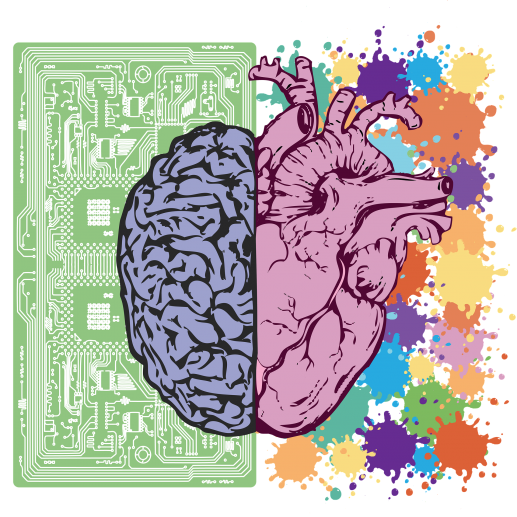Is emotional intelligence important in the workplace?
Emotional intelligence may not be required for every type of work; however, I know it can be critical to most people in leadership positions. To be effective leaders in the workplace, managers, supervisors, and other authority figures must be able to collaborate productively with the people they hire. A good leader can create a work environment in which every person feels relevant and motivated to succeed.
Leaders with high emotional intelligence can use their social skills to foster relationships and trust with their employees. The higher your position in a company, the more important emotional intelligence becomes.
It could be said, one of the main reasons for a manager being unsuccessful is the lack of interpersonal competence. Another survey found that 85 percent of the difference between a good leader and an outstanding leader is emotional intelligence. Emotional intelligence has recently become one of the most prevalent discussion points in terms of leadership.
We know for sure that it is a trait that can be measured and developed. Emotional intelligence is, not only, an important feature for everyone at every level of an organization, but especially for persons in management positions. You need to know how to tune and adapt interaction to the person based on their personality, cultural orientation and position within the company.
Developing emotional intelligence takes time and commitment, but strong EQ is now a requirement for career success. Fortunately, you can learn the skills of emotional intelligence and apply them instantly to your workplace. While emotional skills are self-evident to some people, there are things that anyone can do to improve their ability to understand and reason with their emotions. Factors like education and personality usually play an important role in developing emotional intelligence, but it is a skill that can be improved with effort and practice.
Some people naturally have high levels of emotional intelligence, also called equalizers, and they can make them better leaders. Emotional intelligence requires an individual to be aware of their feelings and surroundings. This can help assess a situation and act accordingly. Emotional intelligence also makes individuals understand the impact their behavior and attitudes have on other people personally and professionally. Wouldn’t we all be better off if we practice humility and allow others to shine for their accomplishments? If you want to improve your emotional intelligence skills to improve your work performance, as well as your personal relationships, you should investigate the benefits of working with a personal development coach.

Emotional intelligence in the workplace allows employees to distinguish between emotions, and empathize with others and it enables you to better communicate with others and lead a more balanced and happier life.
Management experts stress the importance of using emotional intelligence in the workplace. Emotional intelligence is understood to mean the individual differences in the perception, processing, regulation, and use of emotional information. The emotions are varied and generally positive (eg interest, satisfaction, joy, enthusiasm, pride, happiness, love, awe, serenity, gratitude, and amusement) or negative (fear, anger, guilt, anger, jealousy, shame, nervousness, anger), grief and fear).
Emotional intelligence is more important than it used to be because the workplace has changed. Today, we mostly work in teams, not just in isolation, and savvy companies realize that recognizing emotions can lead to a healthier environment. Also, senior executives that are more emotionally intelligent are generally happier with their employees, who then stay longer, reduce wear costs, and do everything they can to increase productivity.
Technical skills can be taught through training, it is far more difficult to teach emotional intelligence in new hires. Companies can integrate emotional intelligence at all levels into their recruitment processes and their professional development processes. Stakeholders with high leadership potential may achieve better results if they have emotionally intelligent professionals in human resources or public relations.
In an employer survey, CareerBuilder found that 61% said they are more likely to promote workers with high emotional intelligence over candidates with a high IQ. Also, 59% of hiring managers said they wouldn’t hire someone with a high IQ but a low EQ.“In a recovering economy, employers want people who can effectively make decisions in stressful situations and can empathize with the needs of their colleagues and clients,” Rosemary Haefner, Vice President of Human Resources at CareerBuilder, said in a statement in conjunction with the above survey.













